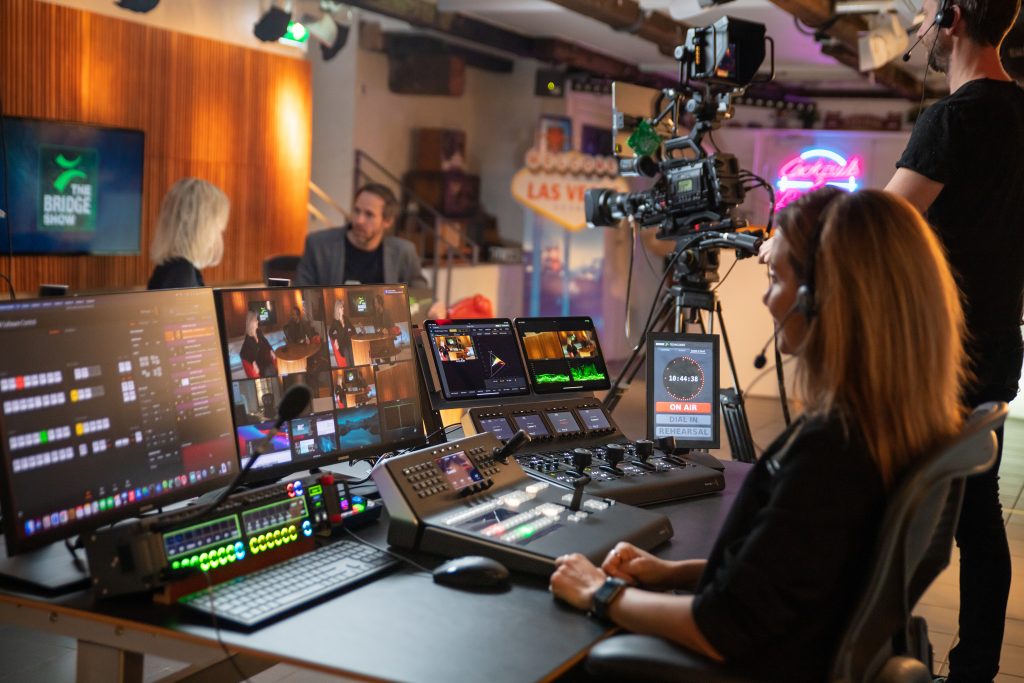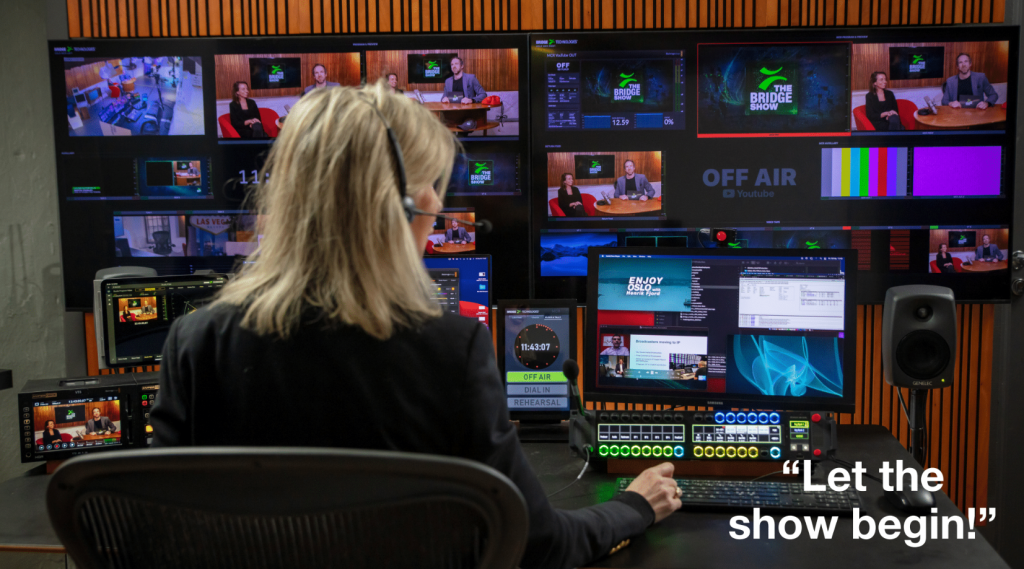Necessity is the mother of invention. But the nature of that necessity significantly affects the type of response it generates, and some necessities can feel a lot more pressing than others. Competitive forces drive product developments, logistical obstacles drive business decisions. Sometimes the need to stay ahead of these immediate challenges leads only to small, reactive improvements, rather than strategic or sustainable ones.
Global events between 2019 and 2022 certainly prompted a whole lot of necessity-driven change for businesses around the world, and Bridge HQ was no different. We were fortunate though, because as well as prompting change, they gave us time and space to consider not only how we should react in the moment, but how we could build for the future.

The key term for consideration was ‘sustainability’, and sustainability goes far beyond the idea of the environment, though that is undoubtedly an important dimension. For us, a central issue was the sustainability of our communications. For a start, one of our key messages for over twenty years had been an evangelising call for IP, falling on the ears of a broadcast industry that was still very much beholden to the old ways. How could we maintain that business message in an industry that was just starting to see the light – accelerated all-the-more by the sudden demands that were being forced by remote working? How could we maintain the personality and character of our communications which had previously been dependent on personal connections in face-to-face meetings? How could we sustain our team spirit during some very dark days? (…literally, in Norway).
Our answer: ‘The Bridge Show’
Launched on August 25, 2020, the Bridge Show was – on the face of it – nothing particularly new. It was simply a chat show with a charismatic host, and if we were to claim innovation on that front, we think Letterman, Leno, Parkinson, and Dimbleby might have something to say about it.
The difference here was in the details. First, the Bridge Show was created by broadcast industry experts for broadcast industry experts. As such, while it contained all of the light-hearted humour of a traditional chat show, the content was informational and technical in nature – something that was vital for an industry whose in-person collaboration, communication and knowledge-sharing had just been severely curtailed.
The second major difference was that the Bridge show was not filmed in any conventional studio. Instead, we took the bottom floor of the Bridge Technologies offices – a cramped stone basement overlooking Norway’s Akerselva River, taken up mostly by our kitchen and dining room – and made a fully-fledged IP studio, with studio floor, multiple cameras, production desk and MCR.

More than this, it wasn’t manned by a veteran production staff, but by the rag-tag members of the Bridge team. Our incredible chef and catering manager manned the production desk, kitted out with our VB440, a holistic production tool that harnesses monitoring data and turns it into information and tools that can be used by production creatives in any type of studio environments. It also saw our office manager expertly handling the MCR, using our VB440 to ensure that the live distribution of the show went off without a hitch. Neither had ever set foot in a studio before, but within weeks they were running things like they’d been born to it. A constant rotation of our engineers and sales team took their places at the cameras. We were joined by guest speakers – business partners, collaborators and industry friends – virtually at first, and then, as lockdowns lifted, in person.
But why bother?
It was necessity that sparked the initial idea, but it was strategic, long-term and sustainable thinking that truly shaped its form. Producing in-house and using our own people, gave us an opportunity to not just talk the talk, but also walk the walk. Getting our hands dirty with production and limited resources allowed us an intimate understanding of the challenges that face our customers, and the tiny details between a product that is intrinsically intuitive or entirely unusable.
The Bridge Show ended up not only a key communications tool, but something that directly informed our product development process. It allowed us to speak with authority about the potential inherent in IP broadcast monitoring – particularly in the production sphere, where our approach remains relatively unique on the market.
But it also allowed us to think more sustainably – in every sense. It gave us a project to sustain our team’s focus, creativity and drive in a very complicated time. It offered environmental sustainability too, as we reduced our trips abroad and forged industry links remotely, and in a way that was far more engaging and meaningful than endless, tedious Zoom calls. It allowed us to leverage all of our in-house resources – equipment, technology, knowledge and people – in a way that made use of their full potential. And it allowed us to sustain our key message: that IP is the door to the future of broadcast, and that effective monitoring is the key to unlocking it.
The real sustainability of The Bridge Show was evidenced by the fact that it continued for three years, long after lockdowns had lifted. We ended up taking it on tour to the IBC show in Amsterdam, hosting Christmas specials, broadcasting our annual award events and much more. While 2023 saw us move onto new projects, we were proud of turning a moment of necessity into something sustainable.